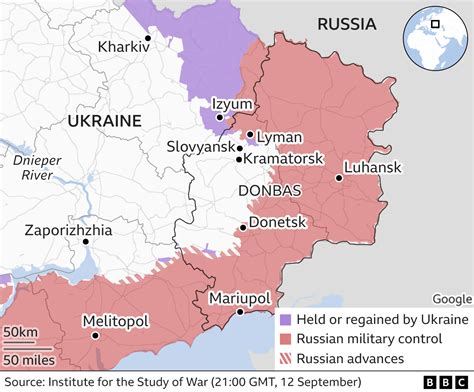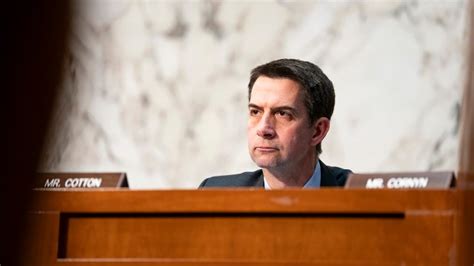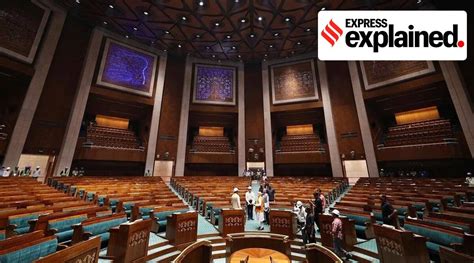An energy crisis has plunged the breakaway region of Transnistria into darkness, leaving its residents shivering without heating and hot water. The situation seemed dire until Moldovan officials hinted at a potential solution on Monday.
Amidst the turmoil, Moscow-friendly leaders of Transnistria have surprisingly shown a willingness to accept gas shipments from the European market as an alternative to their traditional reliance on Russia. This significant shift marks a departure from decades of dependence on Kremlin support and opens up new possibilities for Moldova’s influence over the region.
In a recent statement, Oleg Serebrian, Moldova’s deputy prime minister and territorial reintegration chief, expressed optimism about resolving the ongoing energy and social crisis in Transnistria. The offer comes at a crucial time as Russian state energy giant Gazprom cut off gas supplies to the region due to disputed unpaid debts.
The consequences of this cutoff were swift and severe, with industries grinding to a halt and daily life disrupted for thousands of residents. Despite being autonomous since the collapse of the Soviet Union, Transnistria found itself grappling with economic instability exacerbated by its dependence on free fuel from Moscow.
However, there seems to be light at the end of the tunnel as leaders in Tiraspol, Transnistria’s de facto capital, have signaled their readiness to accept natural gas deliveries facilitated by Moldova’s own gas company, Moldovagaz. This unexpected development represents a potential breakthrough in easing tensions and restoring normalcy in the troubled region.
As discussions unfold behind closed doors, concerns linger about Russia exploiting this arrangement to further entrench its influence over Moldova. A senior Moldovan official raised alarms about ensuring transparency and compliance with international regulations to prevent any hidden agendas that could jeopardize regional stability.
The European Union has been closely monitoring these developments as it navigates complex relationships in Eastern Europe. While granting candidate status to Moldova despite lingering territorial disputes, the EU has urged all parties involved to prioritize cooperation for the greater good.
The road ahead remains uncertain as both challenges and opportunities loom large for Moldova and Transnistria. Will this newfound collaboration pave the way for lasting solutions or merely serve as a temporary fix? Only time will reveal the true impact of these dramatic shifts in one of Europe’s most intriguing geopolitical hotspots.








Leave feedback about this